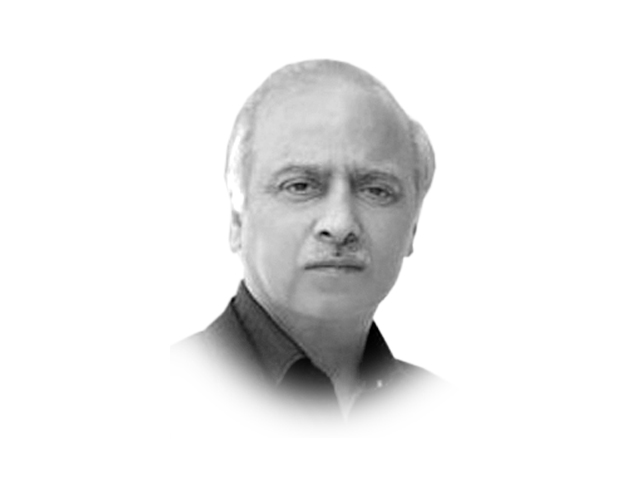
Dr Abdullah told the media in Kabul on April 28 that he was not fearful of second round elections, and believed that “if the invalid votes were separated from valid ballots, there will be no need for a second round of elections.”
Back in 2009, following a diplomatic intervention by John Kerry, Abdullah had quit the race after finishing second to incumbent President Hamid Karzai in the first round of the presidential election.
Regardless of whether a run-off takes place and which of the two candidates emerges victorious, a few trends are quite instructive both for Pakistan and the United States.
Firstly, nearly seven million Afghans out of some 12 million eligible voters turned up to vote, defying the Taliban threats of violence. It marked the country’s fifth election as a whole since the fall of the Taliban regime in 2001. This marks a major stride in Afghanistan’s transition from war to civility.
Secondly, the big turnout also amounted to the rejection of President Karzai’s legacy (pronounced through poor showing of his favourite candidate Zalmay Rassoul).
Third, a mere seven per cent votes for Professor Sayyaf and less than three per cent for Qutbuddin Hilal — both former mujahideen leaders — also underscored the rejection of symbols of obscurantist religious ideology, warlordism and violence.
Fourth, hundreds of thousands of youth as well as female voters, particularly in the urban centres, such as Kabul, Mazar-e-Sharif, Jalalabad and Herat, also got the opportunity to speak through the ballot. One tends to assume that most of the youth and female voters in these urban power centres possibly went either in favour of Abdullah Abdullah or Ashraf Ghani because the proliferation of print and electronic media has helped highlight the ills of the past decade.
Fifth, a run-off will invariably delay the signing of the Bilateral Security Agreement that President Karzai has refused to sign thus far. Yet, during his recent visit to Pakistan, US special envoy James Dobbins sounded quite optimistic on the BSA (because all presidential candidates had supported signing it).
Dobbins ruled out the ‘zero option’, saying “it is not an option for us… (but) if they do not want us we would not stay; we are certainly not going to force ourselves.” He did, however, make some very important points with regard to Pakistan’s Afghanistan challenge, suggesting that Afghanistan should be prepared to sit down and work with Pakistan to arrange a more orderly and regulated regime along (the Durand Line).
The special envoy also reminded Pakistan of its commitment to eliminate “not just the violent extremists who attack Pakistan, but the violent extremists who operate from Pakistani territory and attack neighbouring societies.”
Cumulatively, the Afghan elections offer a window of opportunity for Pakistan. It needs to realise that Narendra Modi’s likely rise to prime ministership in New Delhi and the Afghans’ overwhelming rejection of the forces of the status quo.
Expediency dictates that Pakistan also break off ties with militant groups — whom most Afghans consider as the root cause of their miseries. By doing so and re-tailoring its Afghan and India policy, Pakistan will most probably draw unqualified support from the United States and other regional players as well. This will certainly evoke positive responses from Kabul and New Delhi. A paranoid and the frozen-in-history approach will only result in more isolation for the country.
Published in The Express Tribune, April 30th, 2014.
Like Opinion & Editorial on Facebook, follow @ETOpEd on Twitter to receive all updates on all our daily pieces.
COMMENTS (7)
Comments are moderated and generally will be posted if they are on-topic and not abusive.
For more information, please see our Comments FAQ






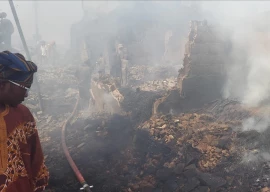

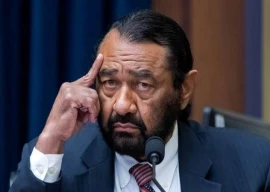

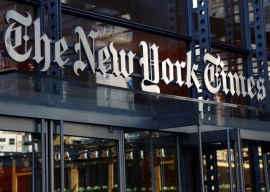

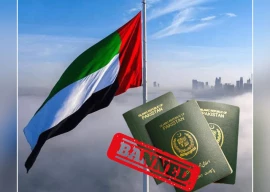
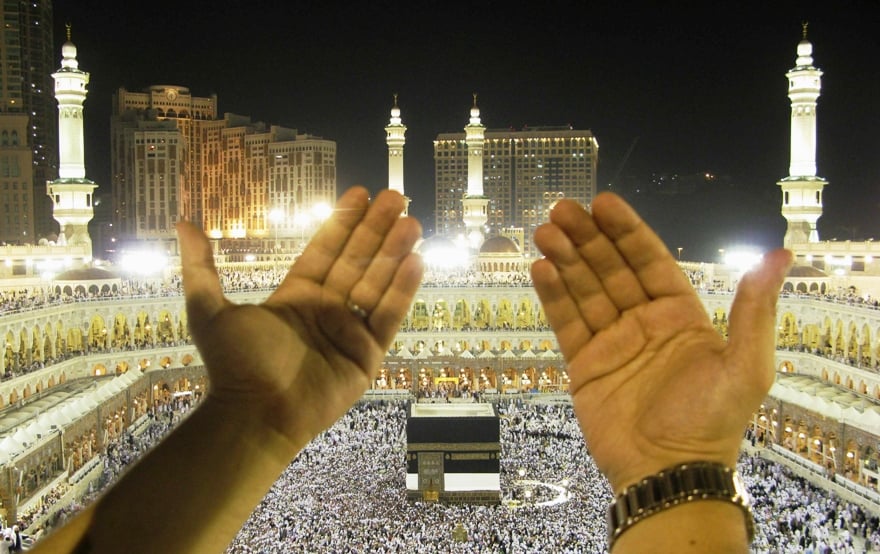

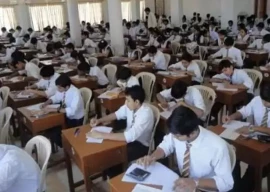







@Parvez: All Pakistani military needs to do is stop being a jackass and allow the civilian govts to open normal trade, travel, commerce and tourism between Pakistan, India and Afghanistan. Then see how the peace will prevail in the region.
If better sense prevails and the rulers adopt strategic thinking instead of usual tactical approaches, things under Modi and Abdullah Abdullah are likely to be much better among the three countries
Abdullah in Afghanistan, Modi in India. That a sure is a recipe for war with Pakistan. Read my lips, this combination is surely going to lead to war.
A wishful thinking of the author and misstatements by Dobbins. Has Mr Gul not witnessed the aftermath of the destabilisation policy of the American Government which they call 'Regime Change', in Iraq, Libya, Syria and now in Ukrain, that he has such a positive scenarion for Afghanistan. The Pashtuns or the so called Talibans are the force which is ruling Afghanistan and have always ruled the greater Afghanistan in its Historybul. The man who resided in Kabul had always the support of Pashtun tribesmen, and his task was to represent the country as a foreign minister. . Hamid Karzai has the bilateral security agreement(BSA) with the powerful Pashtun tribesmen and is sensible enough not to sign the agrreement with those who have blood on their hands of Afghans. The man who will follow him must command this support as well.
Rex Minor
Excellent analysis by the author ... but I doubt very much if those that matter in Pakistan have the same kind of foresight (even basic intelligence or common sense), and more importantly the will and drive to execute this kind of thing (as stated in the last paragraph). I will be the happiest though if events prove me wrong in the future.
Author apparently forgot that "intervention" was a plea to stay in the race .. something that created great friction between USA and Karsai.
Expediency dictates that Pakistan also break off ties with militant groups Thank you for acknowledging the obvious (read ties).